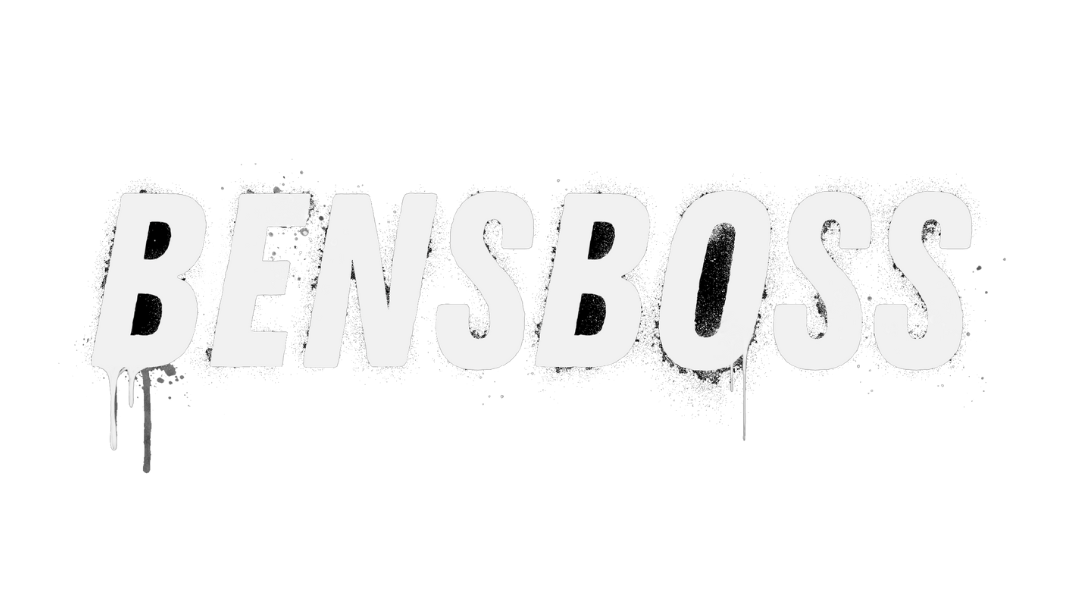So You're Ready To Start Your Business... Now What?
Congrats! It takes a lot of courage to start a new business. A lot of people shy away, simply because they don't know where to start. Deciding on a name is a great first step. The following are some key elements to remember while choosing the name, along with how to protect it once you do.
Business Name
The name of your business is often your first impression with customers. Take your time and be creative when trying to come up with a name. Try and pick something that flows. Too many words or syllables might make it complicated and easily forgettable.
Tip: Ditch the map. It's good to have pride in where you come from and want to include that in your company's name, but it might limit your growth in the future. For example, let's say you begin a web design service. You could easily expand and take clients from all over the world. Yet, if you name it something like "Cleveland Web Design", people might assume you only serve that area.
On the off chance that you need some motivation to get the juices flowing, Shopify has a free business name generator available. Just type in a word or two that portrays your business, and it will generate an entire list of ideas for you to choose from.
Protect It
Now that you have a name in place, you're going to want to protect it. There are four distinct approaches to registering your business name. Each way of registering your name serves a different purpose, and some may be lawfully required depending on your business structure and location.
1. Entity Name
Your entity name is how the state identifies your business. Contingent upon your business structure (I'll examine this in my next article) and location, the state may require you to register a legal entity name.
Each state may have various rules about what your entity name can be and the usage of company suffixes. Most states don’t permit you to register a name that’s already been registered by someone else, and some states require your entity name to reflect the kind of business it represents.
In most cases, your entity name registration protects your business and prevents any other entity in the state from operating under the same name. However, there are special cases relating to state and business structure.
Swyft Filings makes registering your entity name as simple as possible. They help you file all the necessary documentation required for your specific state, and you can use their website to determine if your desired business name is available, too. They're even offering a free domain when you file with them, which leads us to our next step...
2. Domain
You're more than likely going to want an online presence for your company. To do this you'll need to register your domain name (also known as your web address). Once you do so, no one else can utilize it as long as you possess it. The domain name does not have to match your legal business name word for word, so it's okay if somebody else has already registered the name you wanted to use. Or maybe your desired domain isn't available with ".com", but with ".net" instead. Choose the outcome that best suits you and your biz.
You’ll register your domain name through a registrar service. Namecheap has the lowest prices I've seen to date, and it's important to save any way you can. Your new domain name will come with complimentary WhoisGuard, a privacy protection service that prevents people from seeing your name, address, phone number, and email when they do a Whois search on your domain.
You can also find Namecheap in the app store on your phone. There you can search for available names right on the spot, as well as, manage and renew your current names.
3. Doing Business As (DBA)
You might need to register your DBA — also known as a trade name, fictitious name, or assumed name — with the state, county, or city your business is located in. Registering your DBA name doesn’t provide lawful protection by itself, however, most states require you to register your DBA if you use one. Some business structures require you to use a DBA. Decide your DBA requirements based on your particular location. Requirements vary by business structure as well as by state, county, and municipality, so check with local government offices and websites.
4. Trademark
A trademark can secure the name of your business, products, and services at a national level. It prevents others in the same (or similar) industry in the U.S. from using your trademarked names.
For instance, if you were a shoe company and wanted to call your business Ben's Boss Shoes and one of your products Beezys, trademarking those names would prevent other shoe businesses or similar products from using those equivalent names.
Businesses in every state are subject to trademark infringement lawsuits, which can cost you quite a bit. Check your prospective business, product, and service names first using the official trademark database on the United States Patent and Trademark Office website.
Tip: If you're manufacturing a product in another country, take the time to research their specific Trademark laws and regulations. Here's why... I created a one-of-a-kind product for my brand and manufactured it in China (which is basically considered the hub for all mass-produce). I trademarked the name of this specific product in China, and now no other person or company can have it sold or made in that country.
Disclaimer: The information in this article is not legal advice, and is not intended as legal advice.
